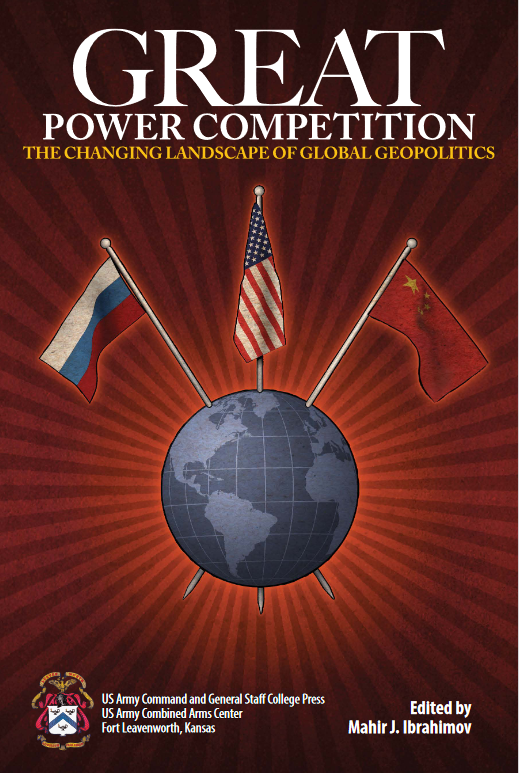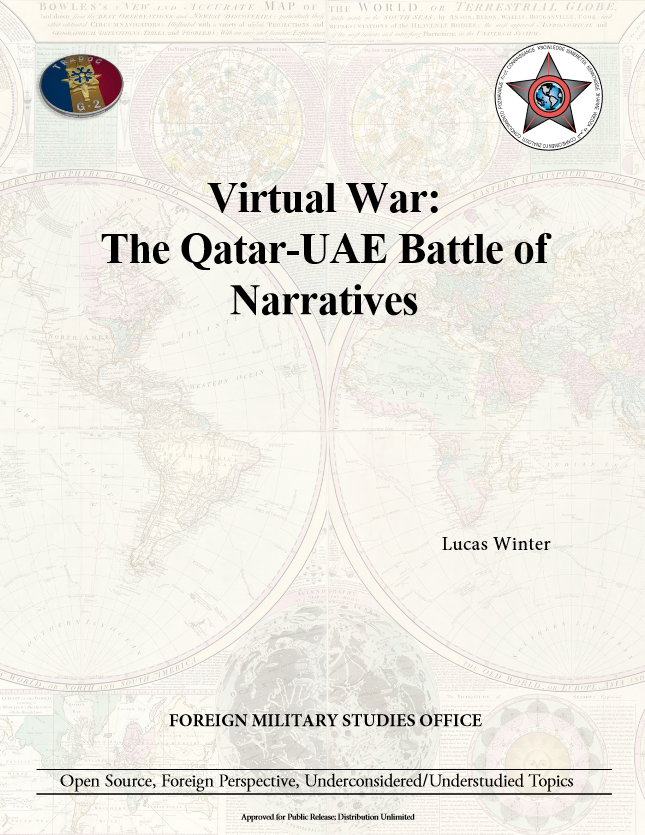“The combat group…promotes maritime, military, and defense ties.”
On 5 December 2021, three Pakistani ships made a port call in Bandar Abbas, Iran’s largest Persian Gulf port and the site of the headquarters of the Islamic Republic of Iran Navy (IRIN), the regular military’s corollary to the Islamic Revolutionary Guard Corps’ Navy (IRGC-N). The excerpted article from the Young Journalists Club, an affiliate of the state’s official Islamic Republic of Iran Broadcasting group, covers the three-day visit and the ceremony held upon the arrival of the three Pakistani cruisers, the second such port call in eight months. That the IRIN rather than IRGC-N has taken the lead on the Pakistan visit does not diminish its importance. Traditionally, the IRGC-N maintains priority of operations in the Persian Gulf where much of Iran’s oil and gas infrastructure lies. The IRGC-N and IRIN operate alongside each other in the Strait of Hormuz, while the IRIN has taken the lead on operations in the Gulf of Oman and northern Indian Ocean. As such, much of the interaction between the navies of the two countries would involve the IRIN.
The rhetoric surrounding the visit suggests solidarity between Pakistan and Iran with regard to the line that their navies have a greater right to operate in littoral international waters than outside powers and particularly the U.S. Navy. As China has increased its military cooperation with Pakistan and announced a long-term economic program with Iran, it also suggests a growing anti-American alliance that plays into China’s geopolitical vision.
The visit is especially important now as it suggests a commitment to maintain strong Iran-Pakistan military ties despite a past diplomatic and military proxy war between Pakistan and Iran with regard to Afghanistan. Unsaid in the article, however, is whether Iran is willing to sacrifice its traditionally good relationship with the Indian Navy in pursuit of stronger ties with Pakistan. If so, this would suggest a greater regional alignment is underway that coincides with the establishment of the United States, India, Australia, Japan “Quad.”
Source:
“Navgoruh-e Razmi Niruye Daryayi Artesh-e Pakistan Varud Bandar Abbas Shod (Pakistani Naval Combat Fleet Arrived in Bandar Abbas),” 5 December 2021. https://www.yjc.news/fa/news/7988186
…This morning, commanders of the first region of the [regular] Iranian Navy and Pakistani Army and Defense Attache Brigadier-General Imran Kashif welcomed the Pakistani Navy’s combat group to Bandar Abbas, where they berthed at the docks of Islamic Republic of Iran Navy’s first naval zone. The group consists of three cruisers and is due to be in Bandar Abbas for three days…. The presence of Pakistan’s combat group in the Islamic Republic of Iran is aimed to enable bilateral meetings between naval commanders and also to promote maritime, military and defense ties between the Islamic Republic of Iran and Pakistan. Pakistan’s ambassador to Iran was also present at a welcoming ceremony for the Pakistani naval ships. Captain Qadir Vazefah, deputy commander of the first Naval Zone at Bandar Abbas, said such naval interactions definitely show that regional states are well-positioned to manage regional security, especially among friendly and brotherly Muslim countries. He continued, “There is no need for [military] units from outside the region in the Strait of Hormuz, the Persian Gulf, or the Gulf of Oman.” He added, “These port calls will further deepen these relationships.”


